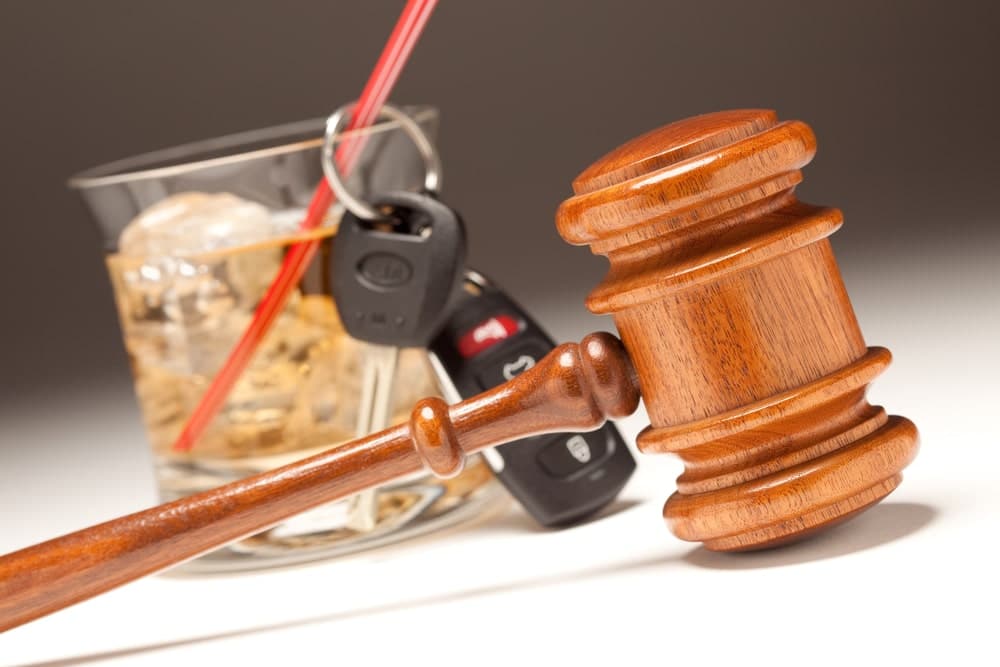Page last updated on
Maine OUI court process: A Comprehensive Guide
The OUI, DUI, DWI court process in Maine can be overwhelming, especially for individuals navigating the criminal justice system for the first time. In Maine, OUI (Operating Under the Influence) is the legal term for what many states refer to as DUI. Facing a criminal OUI offense means appearing before a judge is almost inevitable, making it critical to understand the steps involved.
Maine’s OUI laws are as strict as those in other states, and knowing how the court process unfolds can help reduce the uncertainty and intimidation that many defendants feel. For those accused, questions often arise about whether to plead guilty, the potential consequences, and how to regain their driving privileges.
In this guide, we provide a detailed look at the OUI court process in Maine to help defendants understand what to expect and how to prepare after being charged. Familiarity with the steps ahead can make all the difference in building an effective defense.
Call 207-571-8146 or contact us online to schedule a consult with one of our highly skilled OUI/DUI & criminal defense attorneys, serving Maine, today.
Table of Contents
OUI traffic stops in Maine
Most OUI charges begin with a traffic stop. You can be pulled over and asked if you’ve been drinking if “signs of impairment” are observed or if you pass through a roadside sobriety checkpoint.
“Signs of impairment” include the failure to stay in lane, failure to engage a turn signal, driving too slow, swerving within the lane, and so on. This may provide reasonable suspicion that an offense has been committed, which the officer will look to corroborate by detecting other signs, such as smells of alcohol, bloodshot eyes, etc.
You may also be asked to perform a standardized field sobriety test (SFST). This is (allegedly) designed to test your level of impairment and you do not need to agree to the test (it cannot later count as a “refusal” for mandatory sentencing enhancement by a court).
If the officer has probable cause to believe that you are impaired, you will be arrested and taken to a local Maine police station for a chemical test.
OUI Blood, breath and urine testing in Maine
Chemical tests in Maine are blood, breath or urine tests that measure blood alcohol concentration (BAC). These have varying degrees of accuracy and must be performed according to specific procedures, or the evidence may be inadmissible.
In Maine, if you refuse a chemical test, you will be charged with OUI Refusal. This is treated much the same as an OUI conviction — but with even more severe mandatory minimum penalties, such as longer license suspension and longer jail terms.
OUI Arrest
Failing or refusing a chemical test will likely lead to your arrest. Your Miranda Rights may be read in certain circumstances and the best advice at this point is to say as little as possible — until you can speak to your OUI attorney. Simply provide the necessary personal information and avoid answering any further questions.
Background checks are made, and mug shots/fingerprints are taken. Your personal property will be seized, and you will be placed in a holding cell — usually for a few hours until your release while the police process your charges.
BMV hearing
If you are arrested, you will receive a notice from the Bureau of Motor Vehicles (BMV) warning you that your license will be suspended. Typically, you have 10 days following the date of suspension listed on the notice in order to request a hearing. The hearing will determine whether or not you’ll be able to continue to drive or you will remain under suspension. In some cases, such as when a driver refuses to take a chemical test, the driver will go under suspension on a date certain and remain under suspension unless his or her DUI attorney can win the BMV hearing.
Your attorney can represent you at your BMV Administrative Hearing. If you can demonstrate that the officer lacked probable cause to arrest you for suspicion of OUI, or you can show a problem with the reliability of the test result, your license will not go under suspension. However, the possibility of a criminal suspension of your license from an OUI conviction in the Maine courts will remain.
Call 207-571-8146 or contact us online to schedule a consult with one of our highly skilled OUI/DUI & criminal defense attorneys, serving Maine, today.
The arraignment
The arraignment is your first court appearance and during this hearing, a judge will read your charges and you can enter a plea. If you cannot afford to pay bail or bail conditions are objectionable, these issues can also be addressed at this time.
OUI pretrial motions and hearings in Maine
A pretrial hearing (Dispositional Conference) will be held. Here, the District Attorney and defense counsel can negotiate a resolution of the case so that a trial is unnecessary, or a plea deal is arranged.
What is the purpose of the dispositional conference? (Video)
However, before a criminal case goes to trial, your criminal defense attorney may request a hearing on “pretrial motions”. A common example is a motion to suppress evidence that was illegally obtained during a search and seizure.
This would lead to a hearing where a judge will rule on the motion. If the prosecution’s key evidence is declared inadmissible, it can greatly weaken the case against you, sometimes resulting in dismissal of the charges.
Finally, a docket call will take place prior to jury selection. This is where they say, “the rubber meets the road”. Docket call is where people who are ready for trial declare their intent to have their cases tried before a judge or jury. Sometimes, due to weaknesses in one party’s case (state or defense), a last-minute plea deal may be reached. If no plea deal is reached, you must be ready for jury selection and trial.
The trial
If no acceptable negotiated offer is forthcoming, the case will proceed to trial. The District Attorney will present evidence in an attempt to prove beyond a reasonable doubt that you are guilty of operating your vehicle while under the influence of alcohol and/or drugs.
Our defense team will defend you, cross-examining witnesses and presenting evidence to support your case. At the end of the trial, you will be found guilty or not guilty and released or sentenced accordingly.
Contact our Maine OUI DUI DWI lawyers for help
Your best chance of getting out of an OUI conviction and lifelong criminal record in Maine is to defend the charge with the aid of the best criminal legal counsel available.
Any OUI charge must be treated seriously by you and your legal team or you may suffer life-long negative consequences for your future. Our legal team will examine the evidence from your case and scrutinize police procedures used to investigate and arrest you, with the aim of getting your case dismissed or getting you acquitted at trial.
If you need help defending an OUI charge, call The Maine Criminal Defense Group or contact us directly online for an initial case evaluation.
Call 207-571-8146 or contact us online to schedule a consult with one of our highly skilled OUI/DUI & criminal defense attorneys, serving Maine, today.
OUI Articles

An OUI case may be the only time that many people in Maine face the criminal justice process. It can be daunting, stressful, and deeply concerning for anyone who doesn’t[...]
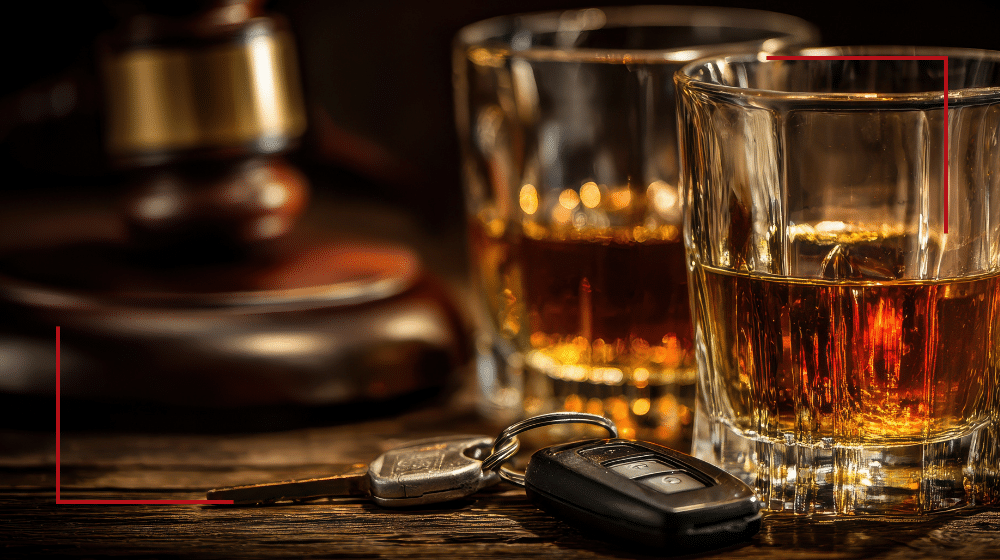
OUI/DUI/DWI cases are often based on the results from approved screening devices, commonly referred to as “breathalyzers”. The question of whether these breath tests are accurate has commonly affected Operating[...]
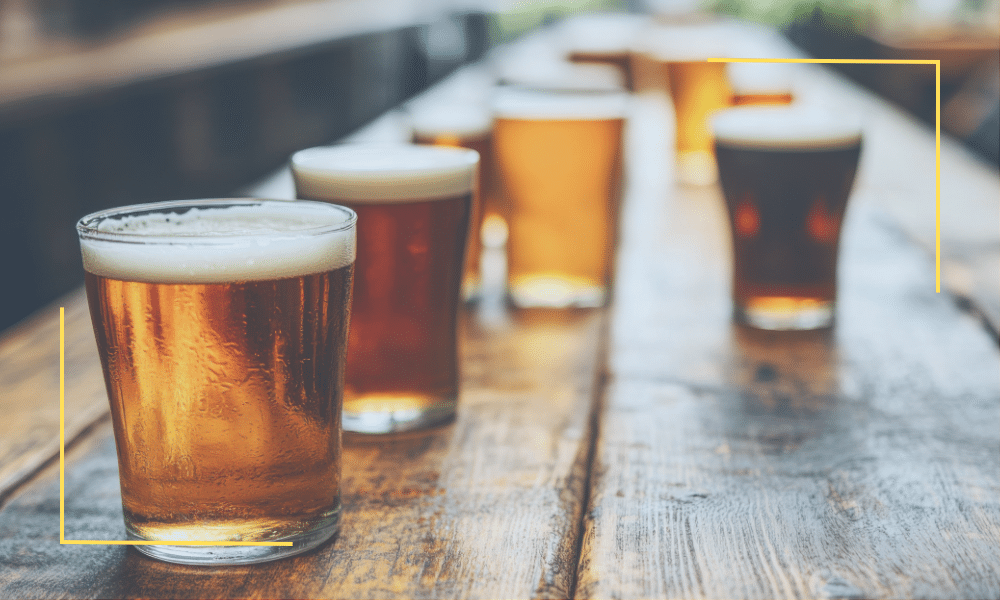
The Maine Liquor Liability Act (MLLA) provides for the recovery of damages against anyone who negligently or recklessly “serves” alcohol to a minor. However, that might be just the start[...]

A conviction for an OUI/DUI/DWI in Maine is accompanied by serious consequences, including heavy financial repercussions. Understanding the court-imposed fines is one thing, but the financial consequences can extend well[...]

OUI cases in Maine usually start when a law enforcement officer pulls over a vehicle. From that point, many things can happen but if the officer even has a slight[...]
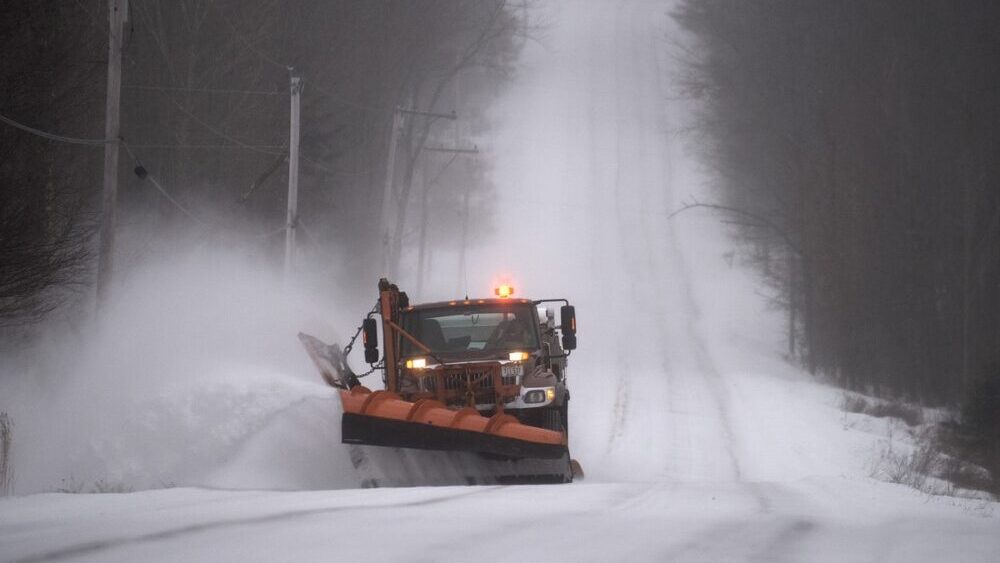
January 11th, 2025, in Skowhegan, Maine, a Maine Department of Transportation plow truck sustained a head-on collision caused by a drunk driver on Route 2, as reported by law enforcement.[...]

The tragic events of a fatal car crash in 2023 that claimed the lives of four young people have finally reached a pivotal legal outcome. Noelle Tavares, a former Maine[...]

In most states, there are many different places that the average person can take a driving course to satisfy court requirements as related to an DUI conviction. However, in the[...]
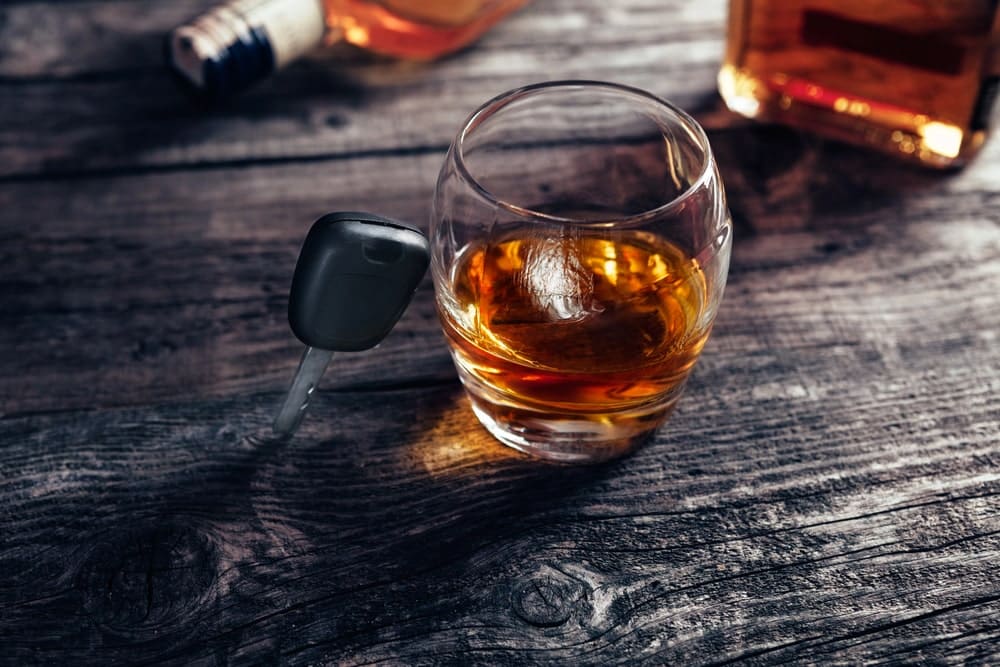
Defending against OUI offenses in Southern Maine Anyone charged with a 2nd OUI in Maine should expect little leniency from the criminal justice system. This makes it even more important[...]
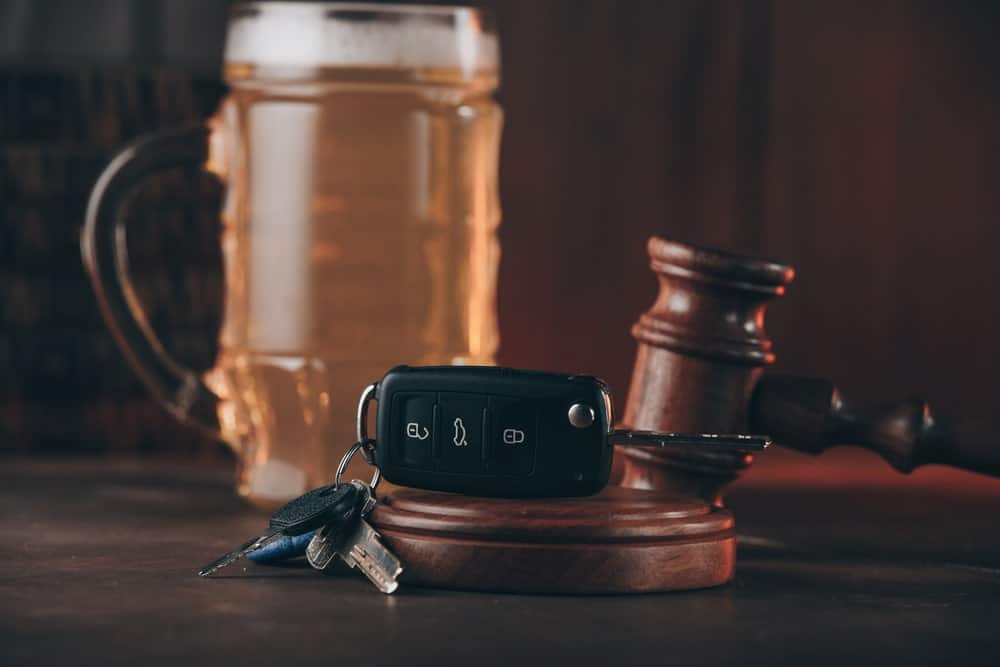
A skilled defense against OUI Refusals Charges in Maine Did you know that it is a criminal offense to refuse to submit to a chemical test if lawfully requested to[...]
